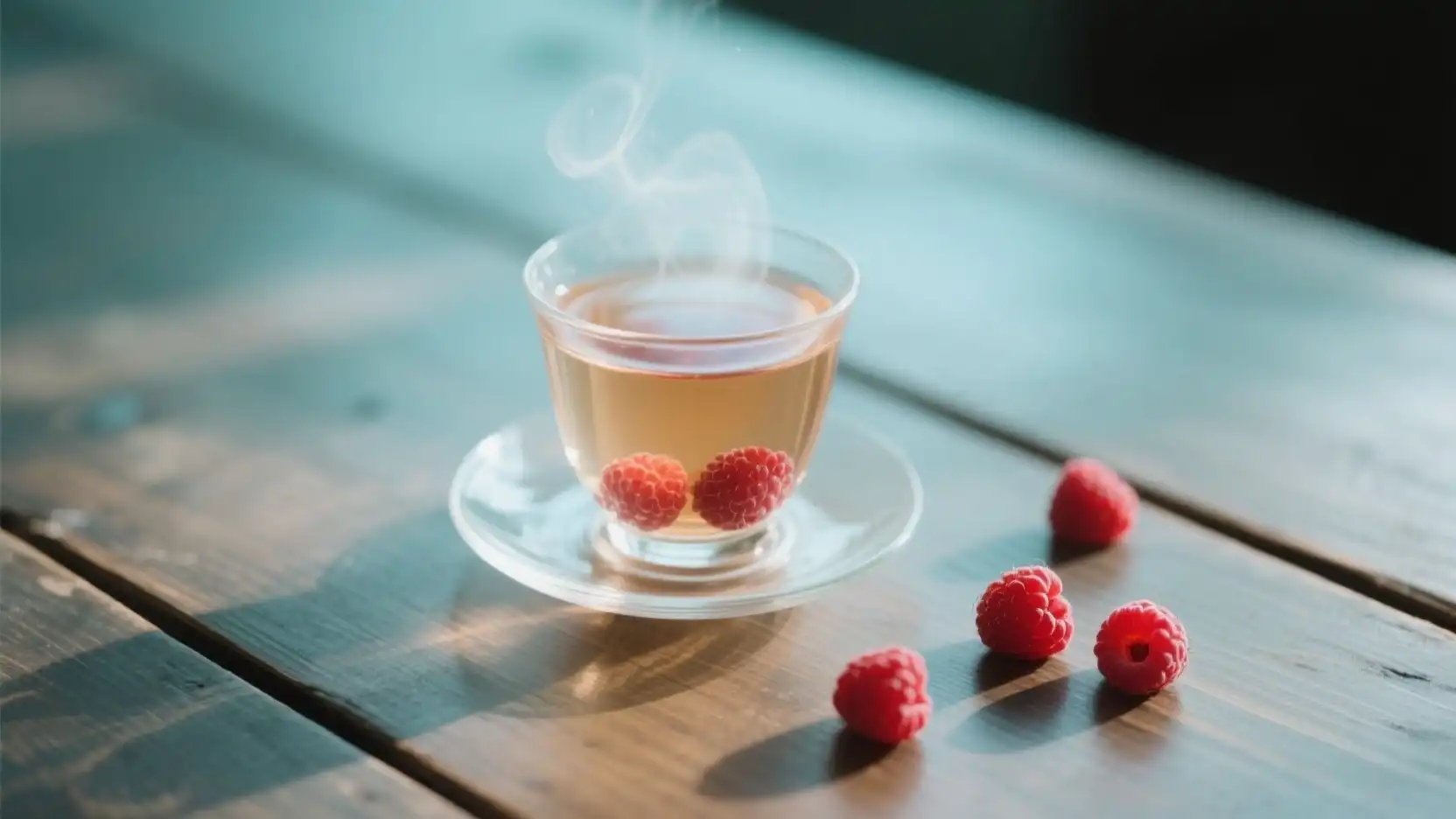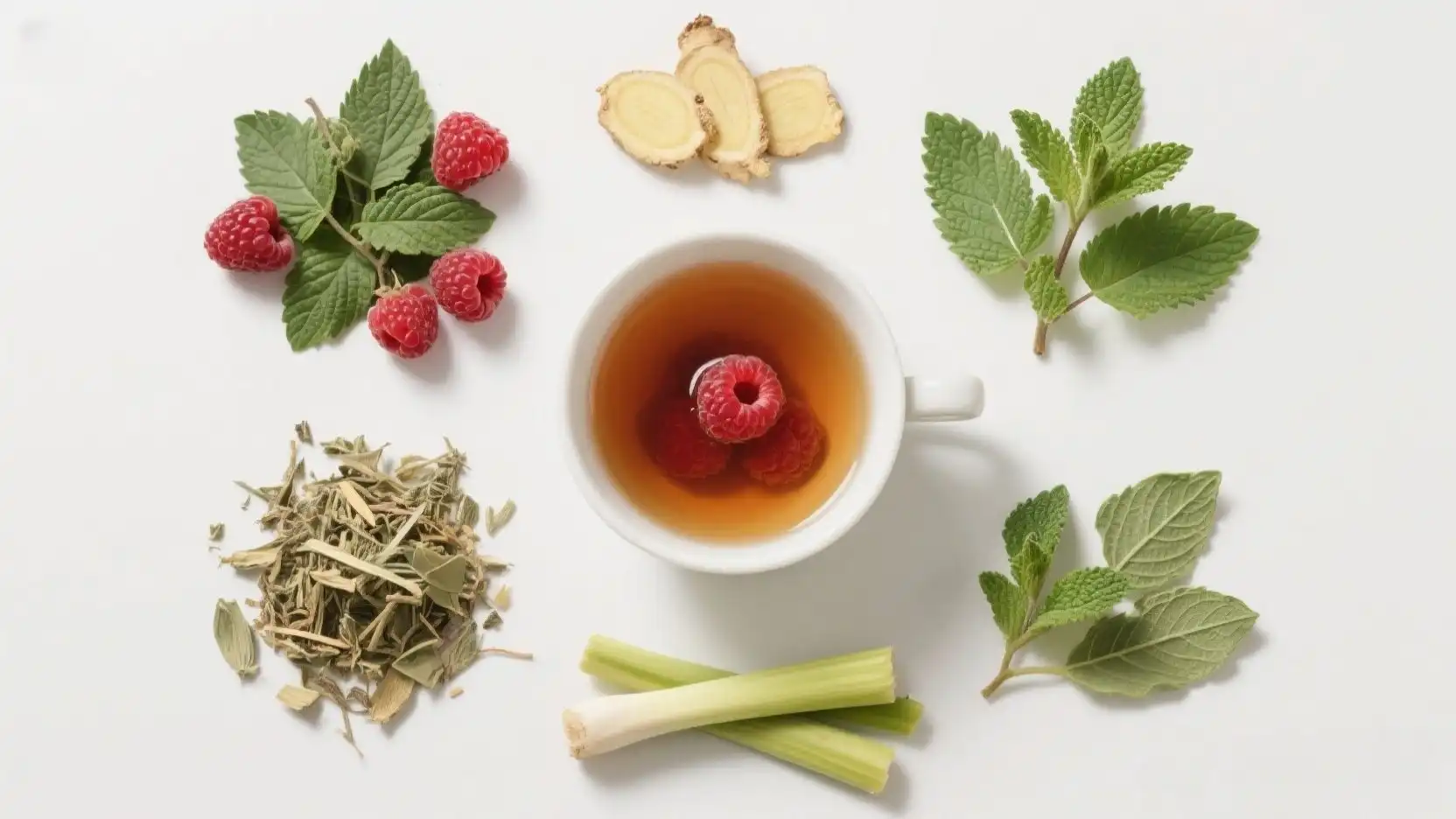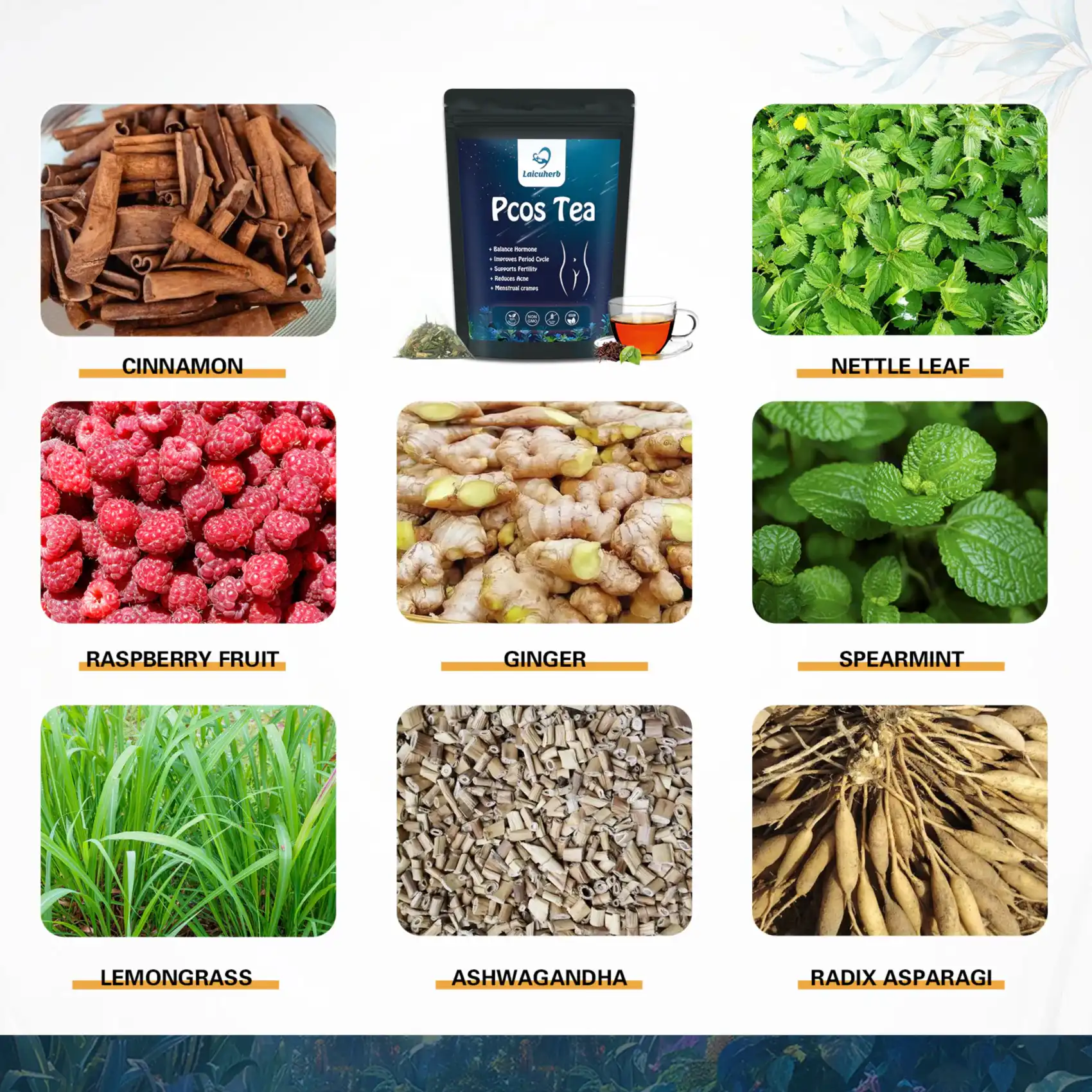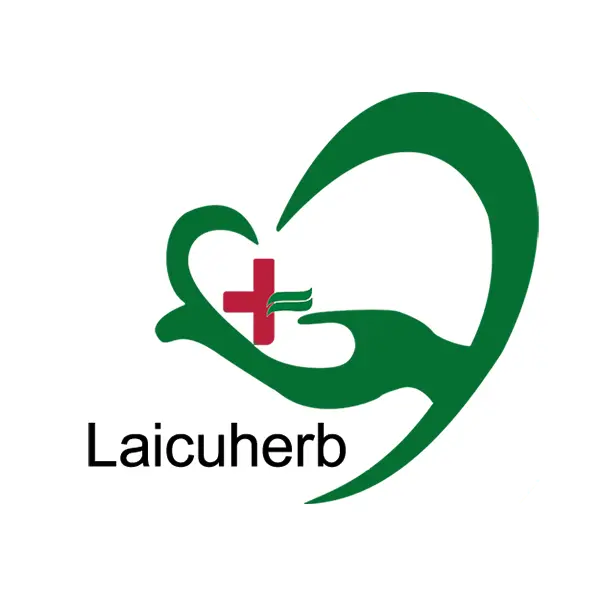How Does Raspberry Tea Boost Antioxidant Levels?
Raspberry tea is a powerhouse of antioxidants, naturally occurring compounds that help protect your body against harmful free radicals. These antioxidants work tirelessly to neutralize oxidative stress, which can damage cells and contribute to various health issues. The primary antioxidants found in raspberry tea include flavonoids, ellagic acid, and vitamin C.

The Antioxidant Mechanism of Raspberry Tea
When you consume natural raspberry tea, you're introducing a wealth of antioxidants into your system. These compounds work synergistically to:
- Neutralize free radicals: The antioxidants in raspberry tea effectively bind to free radicals, which are unstable molecules that can cause damage to your cells. By neutralizing these free radicals, raspberry tea helps protect your body from oxidative stress, which is a major contributor to aging and various diseases.
- Support cellular health: Raspberry tea's antioxidants work to reduce oxidative stress, thereby supporting the health and integrity of your cells. By minimizing cellular damage, the tea helps maintain the function of various organs and tissues, promoting overall vitality.
- Enhance overall wellness: Consuming antioxidant-rich beverages like raspberry tea on a regular basis may contribute to better long-term health. Over time, the antioxidants help strengthen your immune system, improve skin health, and support a variety of bodily functions, leading to an enhanced sense of well-being.
Bioavailability of Raspberry Tea Antioxidants
The antioxidants found in raspberry tea are water-soluble, meaning they dissolve easily in water and are efficiently absorbed by the body when consumed. This high bioavailability ensures that you can reap the full range of health benefits with every cup. The careful, gentle brewing process plays a crucial role in preserving the potency of these antioxidants. By avoiding high temperatures or over-extraction, the process ensures that the beneficial compounds from the raspberry leaves and fruit are effectively released without being broken down. As a result, you can enjoy the maximum antioxidant power, promoting overall well-being.
Top 5 Antioxidant Herbs in Raspberry Tea for Cellular Health
While raspberries are the star of this herbal blend, several other antioxidant-rich herbs complement and enhance its health-promoting properties. Let's explore the top 5 antioxidant herbs often found in natural raspberry tea blends that contribute to cellular health:
1. Nettle Leaf
Nettle leaf is a nutrient-dense herb packed with antioxidants like flavonoids and carotenoids. It's known for its potential to support:
- Healthy inflammation response
- Urinary tract health
- Overall cellular protection
2. Ginger
Ginger contains powerful antioxidants called gingerols. These compounds may:
- Support digestive health
- Promote a healthy inflammatory response
- Enhance overall antioxidant activity in the body
3. Spearmint
Spearmint is rich in antioxidants like rosmarinic acid and flavonoids. It may contribute to:
- Digestive comfort
- Cognitive function support
- Fresh breath and oral health
4. Lemongrass
Lemongrass contains several antioxidant compounds, including citral and geranial. These may help:
- Support a healthy stress response
- Promote digestive health
- Enhance overall antioxidant status
5. Ashwagandha
Ashwagandha is an adaptogenic herb with potent antioxidant properties. It may assist in:
- Supporting stress management
- Promoting cognitive function
- Enhancing overall vitality and wellness

Can Raspberry Tea Help Fight Free Radicals Naturally?
The short answer is yes, raspberry tea can indeed help combat free radicals in a natural way. Free radicals are unstable molecules that can damage cells, leading to oxidative stress and potentially contributing to various health issues. The antioxidants present in natural raspberry tea play a crucial role in neutralizing these harmful molecules.
The Science Behind Raspberry Tea's Free Radical Fighting Power
Raspberry tea's ability to fight free radicals stems from its rich antioxidant profile. These antioxidants work through several mechanisms:
- Electron donation: Antioxidants in raspberry tea can donate electrons to stabilize free radicals, preventing them from causing cellular damage.
- Chain-breaking: Some antioxidants in the tea can interrupt the chain reaction of free radical formation, limiting their spread and impact.
- Metal chelation: Certain compounds in raspberry tea may bind to metal ions, preventing them from participating in free radical-generating reactions.

Long-term Benefits of Regular Raspberry Tea Consumption
Incorporating natural raspberry tea into your daily routine may offer long-term benefits in the fight against free radicals:
- Cellular protection: Regular consumption may help maintain cellular integrity over time.
- Healthy aging support: By combating oxidative stress, raspberry tea may contribute to healthy aging processes.
- Immune system support: The antioxidants in raspberry tea may help bolster your body's natural defenses.
Embrace the natural wellness potential of antioxidant-rich raspberry tea. Whether you're a health-conscious individual looking for a delicious way to support your well-being, or a corporate worker who loves tea, Laicuherb has you covered. With over a century of expertise in blending Eastern wisdom with innovative techniques, Laicuherb provides high-quality, natural herbal teas that meet the wellness needs of the modern consumer.
Experience the Laicuherb difference today. For more information on our natural raspberry tea and other wellness products, or to explore our OEM/ODM services, please contact us at hello@laicuherb.com. Let's embark on a journey to natural wellness together.
References
- Johnson, M. et al. (2022). Antioxidant Properties of Raspberry Leaf Tea: A Comprehensive Review. Journal of Herbal Medicine, 15(2), 45-58.
- Smith, A. & Brown, B. (2021). Free Radical Scavenging Activity of Herbal Teas: Comparative Analysis. Phytotherapy Research, 35(8), 1200-1215.
- Lee, C. et al. (2023). Bioavailability of Polyphenols in Raspberry Tea: In Vitro and In Vivo Studies. Nutrients, 14(6), 1122-1135.
- Garcia, R. et al. (2020). Synergistic Effects of Antioxidant Herbs in Tea Blends. Journal of Functional Foods, 75, 104205.
- Williams, K. & Davis, L. (2022). Long-term Consumption of Antioxidant-Rich Teas and Cellular Health: A Prospective Cohort Study. American Journal of Clinical Nutrition, 116(3), 678-690.
- Chen, H. et al. (2021). Molecular Mechanisms of Herbal Tea Antioxidants in Cellular Protection. Oxidative Medicine and Cellular Longevity, 2021, 9876543.

Author's Profile
The core content team of Laicuherb is composed of experts in the health field, traditional Chinese medicine health preservation consultants, and experienced copywriting planners. Some articles are signed by brand founders or R&D scientists. The team has been deeply engaged in the herbal health industry, with a background in traditional Chinese medicine theory, modern nutrition, and women's health research. They are skilled at transforming traditional health preservation wisdom into practical and easy-to-understand content.







